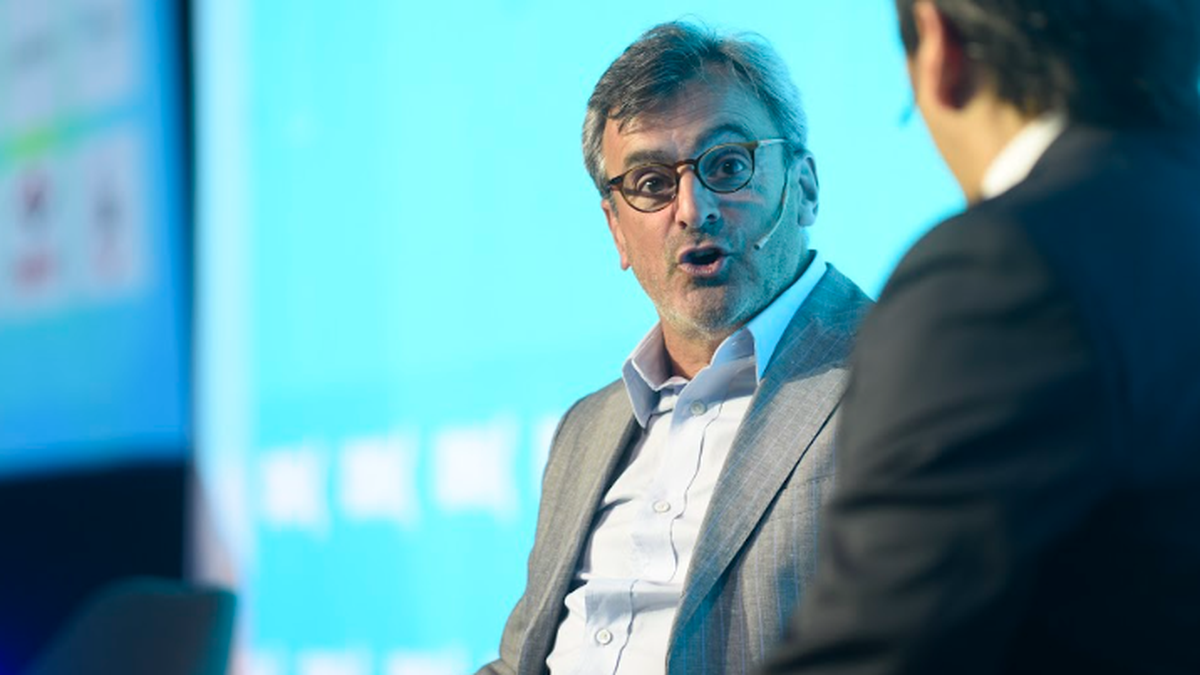Will the chancellor’s trip to Beijing mark a turning point in China politics as well? Or will Scholz stick to the pragmatism of the Merkel era? A few hours before his departure he gives an answer.
Before his eagerly awaited trip to Beijing, Chancellor Olaf Scholz (SPD) announced a change of course towards China. In an article for the “Frankfurter Allgemeine Zeitung” on Wednesday, he justified this with the results of the party congress of the Chinese Communist Party two weeks ago.
The commitment to Marxism-Leninism had taken on a much broader space than before and the striving for stability in the communist system and national autonomy had been strengthened. “Today’s China is no longer the same as it was five or ten years ago,” writes Scholz. “It is clear that if China changes, the way we deal with China must also change.”
Scholz travels to Beijing for eleven hours
On Thursday, the chancellor is leaving for a visit to Beijing that will only last 11 hours. There he will meet President Xi Jinping – as the first Western head of government since his re-election as party leader. Xi had also reorganized the leadership team and thus consolidated his power.
While the United States has long been taking a tough stance against the authoritarian government in Beijing, Germany, which has strong economic ties with China, has opted for pragmatism and cooperation under Chancellor Angela Merkel (CDU). In the coalition agreement, the SPD, Greens and FDP have agreed to develop a new China strategy. “We want and must structure our relations with China in the dimensions of partnership, competition and system rivalry,” it says.
In the “FAZ” article, Scholz spells out for the first time what he envisions as a new China strategy. He is against economic decoupling. However, one-sided dependencies would have to be eliminated. “Wherever risky dependencies have arisen – for example with important raw materials, some rare earths or certain future technologies – our companies are now rightly expanding their supply chains. We support them, for example through new raw material partnerships,” he writes.
Chancellor also wants to address “difficult issues”.
Scholz announced that he did not want to ignore “difficult issues” in his talks with the Chinese leadership. “This includes respect for civil and political liberties and the rights of ethnic minorities, for example in Xinjiang province.” The United Nations Human Rights Office accuses the Chinese leadership of suppressing the predominantly Muslim Uyghurs in Xinjiang. The government in Beijing rejects the allegations.
Scholz expressed concern about the tense situation around Taiwan and indirectly warned China of an invasion. “Like the USA and many other countries, we are pursuing a one-China policy. However, this means that the status quo can only be changed peacefully and by mutual consent.” China considers Taiwan, which has a population of 23 million, to be part of the People’s Republic and firmly rejects official contacts from other countries to Taipei. Taiwan, on the other hand, has long considered itself independent. At the party congress, Xi had again threatened to conquer the island.
With a view to the Russian war of aggression against Ukraine, Scholz hopes Beijing will put pressure on Moscow. “As a permanent member of the Security Council, China has a special responsibility. Clear words from Beijing to Moscow are important – to uphold the United Nations Charter and its principles.”
Chancellor also under pressure in coalition because of China policy
The Chancellor stressed that he had coordinated with the US and French President Emmanuel Macron before the trip. “When I travel to Beijing as German Chancellor, I also do so as a European,” he emphasized. “Not to speak on behalf of the whole of Europe, that would be wrong and presumptuous. But because German China policy can only be successful embedded in a European China policy.” Scholz was recently accused of going it alone by EU partners during the energy crisis. With regard to the trip to China, fears had also been voiced that he could create facts for the rest of the EU in Beijing.
Scholz had recently come under pressure in his own coalition because of his attitude towards China. The participation of the Chinese state-owned company Cosco in a terminal in the port of Hamburg was only carried out against the resistance of several of his ministers. Foreign Minister Annalena Baerbock (Greens) then reminded him of the coalition agreement.
China has changed massively in recent years, said the Green politician on ZDF on Wednesday. “That’s why we have jointly anchored in the coalition agreement that we will align our China policy in the same way as many European countries have done in the past.” While there is cooperation on global issues, there is also increasing competition, in which China also uses unfair methods. In addition, the country is increasingly developing into a “systemic rival”.
Source: Stern
David William is a talented author who has made a name for himself in the world of writing. He is a professional author who writes on a wide range of topics, from general interest to opinion news. David is currently working as a writer at 24 hours worlds where he brings his unique perspective and in-depth research to his articles, making them both informative and engaging.




